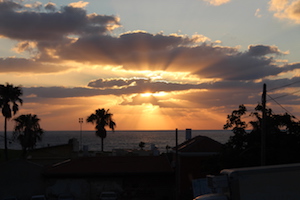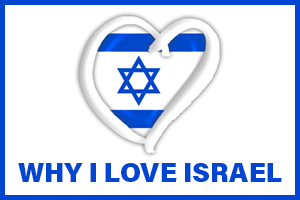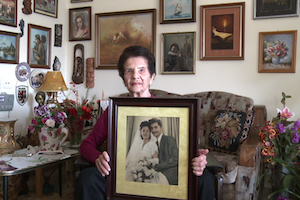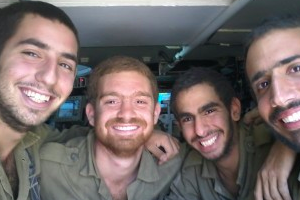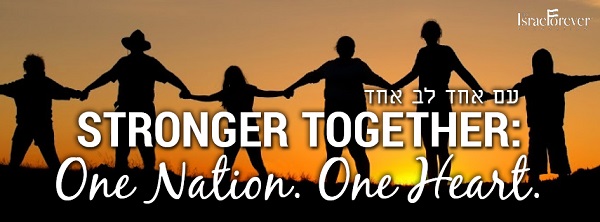Exploring the 70 Faces of Israel
The Torah, it is said, has seventy distinct faces, one face for each interpretation (Bamidbar Rabbah 13:15).
In Judaism, there are countless ways to read into the meanings of words and information so as to uncover the hidden secrets contained within. The diversity of perspectives, the variance of knowledge and experience, are part and parcel of what makes the Torah “Jewish’ and what makes Jews unique from any other people in the world. And when it seems there is no way to resolve our internal disagreements, we are at some point reminded that, no matter how different we may all seem, we are still one nation, one people, bearing one history and one ancestral homeland.
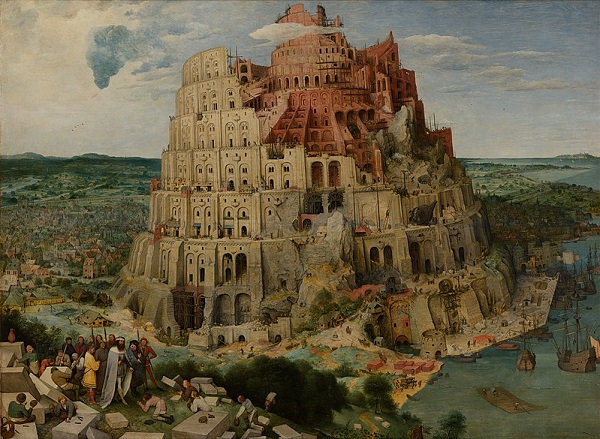
Tower of Babel by Pieter Bruegel the Elder
The world today, however, is challenging us in every possible way, with new means to emphasize our divisions and, thus, drive us further apart. Like the Tower of Babel, which came to an end as a result of the discord created when the builders started speaking 70 different languages, resulting in 70 individual nations, today’s generation is speaking the proverbial equivalent of 70 languages - all based on the personal interpretations of the Torah, Judaism, God and, yes, Israel.
Israel as a Nation possesses many facets, faces and fortunes. It has an eclectic variety of ethnicities, cultures, backgrounds and narratives. Its beauty is in the diversity of its mosaic, however challenging it might be to overcome the differences that have come to divide us.
In fact, if biblical criticism is considered the 71st face of the Torah as some rabbis have emphasized over the generations, then perhaps political criticism could be considered the 71st face of Israel. The difference, however, is the presence of evidentiary facts, which allows us to distinguish legitimate criticism from that which seeks to undermine or destroy the essence of the truth being passed down from generation to generation.
It is reasonable to believe that, 2000 years ago, there were also criticisms aimed at the Jewish sovereign nation, the king, the people, the army, the power, that bordered on the fine line of what is legitimate and not based on envy, resentment, fear, or a willingness to seek the destruction of the Jewish communities, kingdom, and people as a whole. Today, we see these in BDS, alt-right, alt-left and, sadly, more and more mainstream media representation and social engagement regarding Israel and the Jewish People. Each of these streams challenge us to understand even more about the mosaic of Israel, our one and only Jewish people, nation and sovereign state.
Like the Torah, there is no one way, one interpretation that is the absolute truth of Israel. There is no singular definition - not of our culture, our connection, or even our borders. Israel, perhaps, personifies the undefinable entity for all of humanity. It is incumbent upon us, therefore, to embrace this aspect of our peoplehood and to find means of understanding the multitude of forms and functions embodied in our existence as the People of Israel. Wherever we may live, it is something we share in common. And indeed, we are each one of the 70 Faces of Israel.
The 70 Faces of Israel Initiative was designed to present Israel in her complexity, in a way that is easy to approach, understand and embrace. Everyone, at any age, can find the “face” that interests and/or moves them the most. No face is better than another, it is all the faces, together, that make Israel extraordinary!
When people attempt to describe Israel, the descriptions are always lacking. Israel is much more (and sometimes much less) than can be imagined. That is why we have chosen to present Israel’s many faces (and even these are not all!). Like a beautiful tapestry or mosaic, made up of many elements, no one single color but many colors, Israel is stronger and more wonderful because of her multifaceted nature.
The next time you hear someone ask: “What is Israel like?” tell them: “She has 70 faces”
Recommended for you:
About the Author


